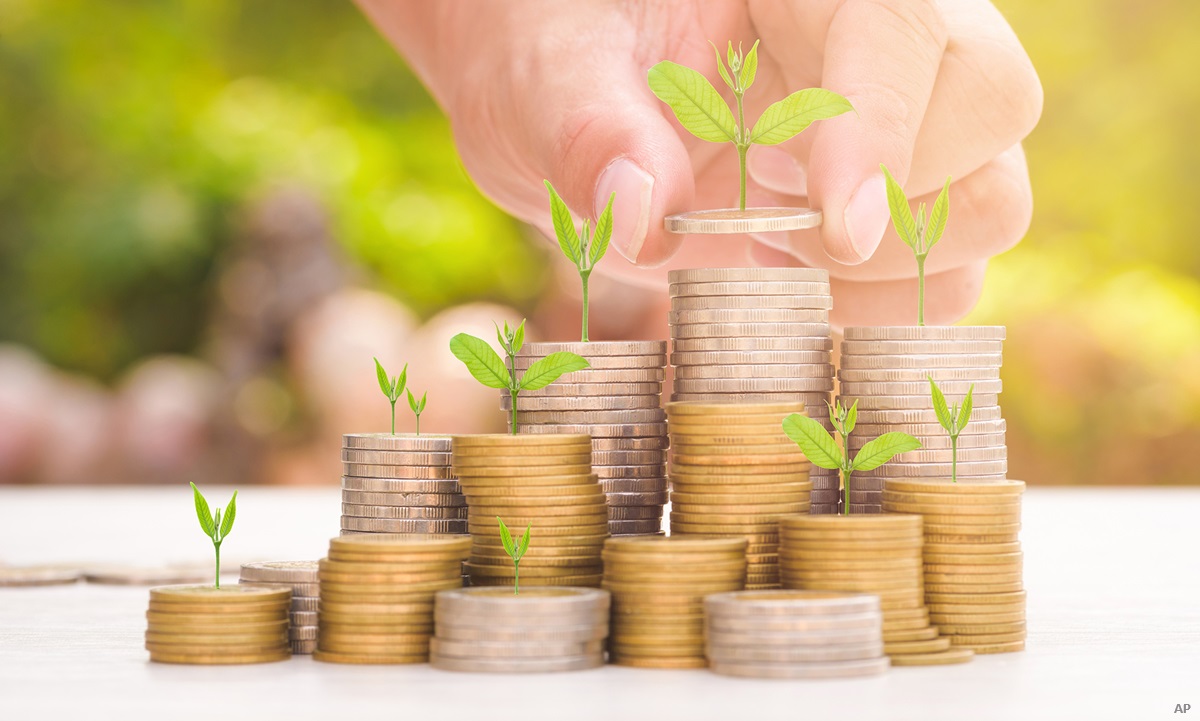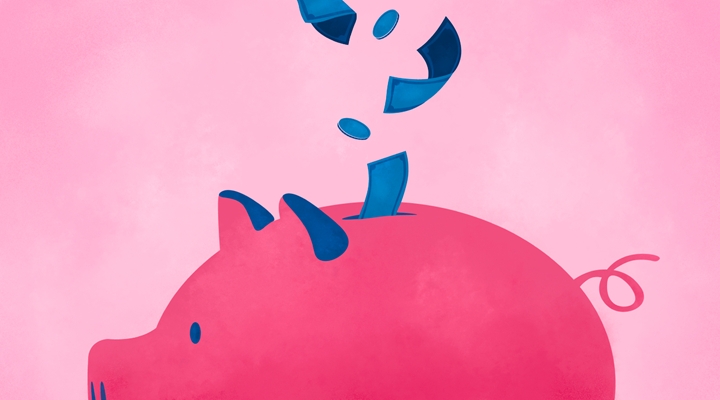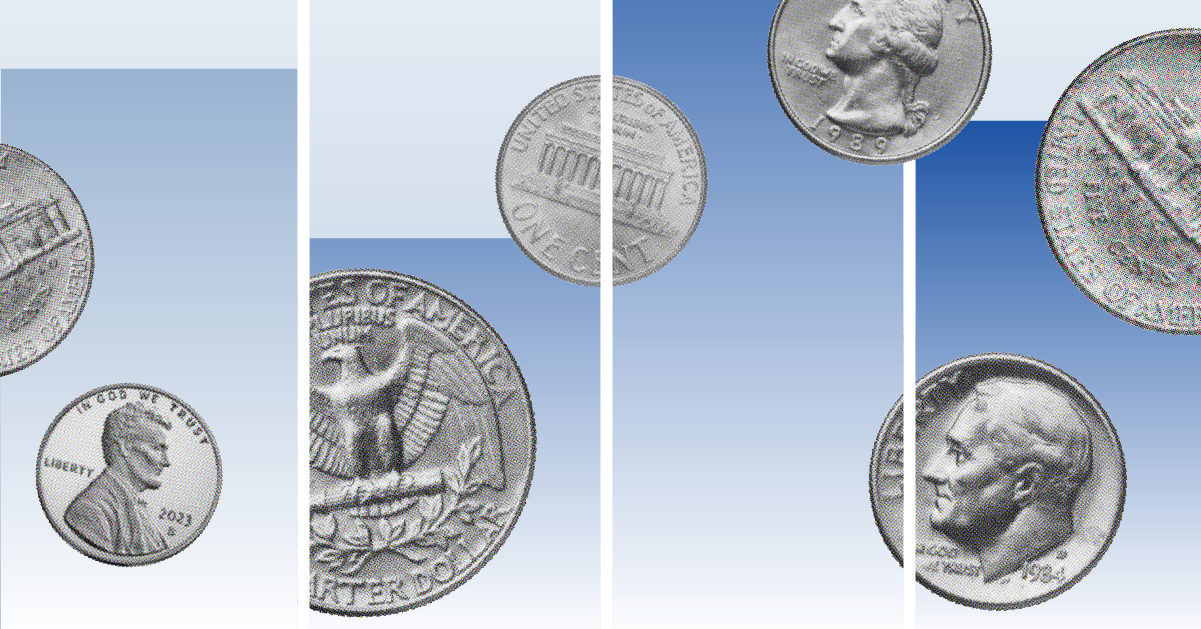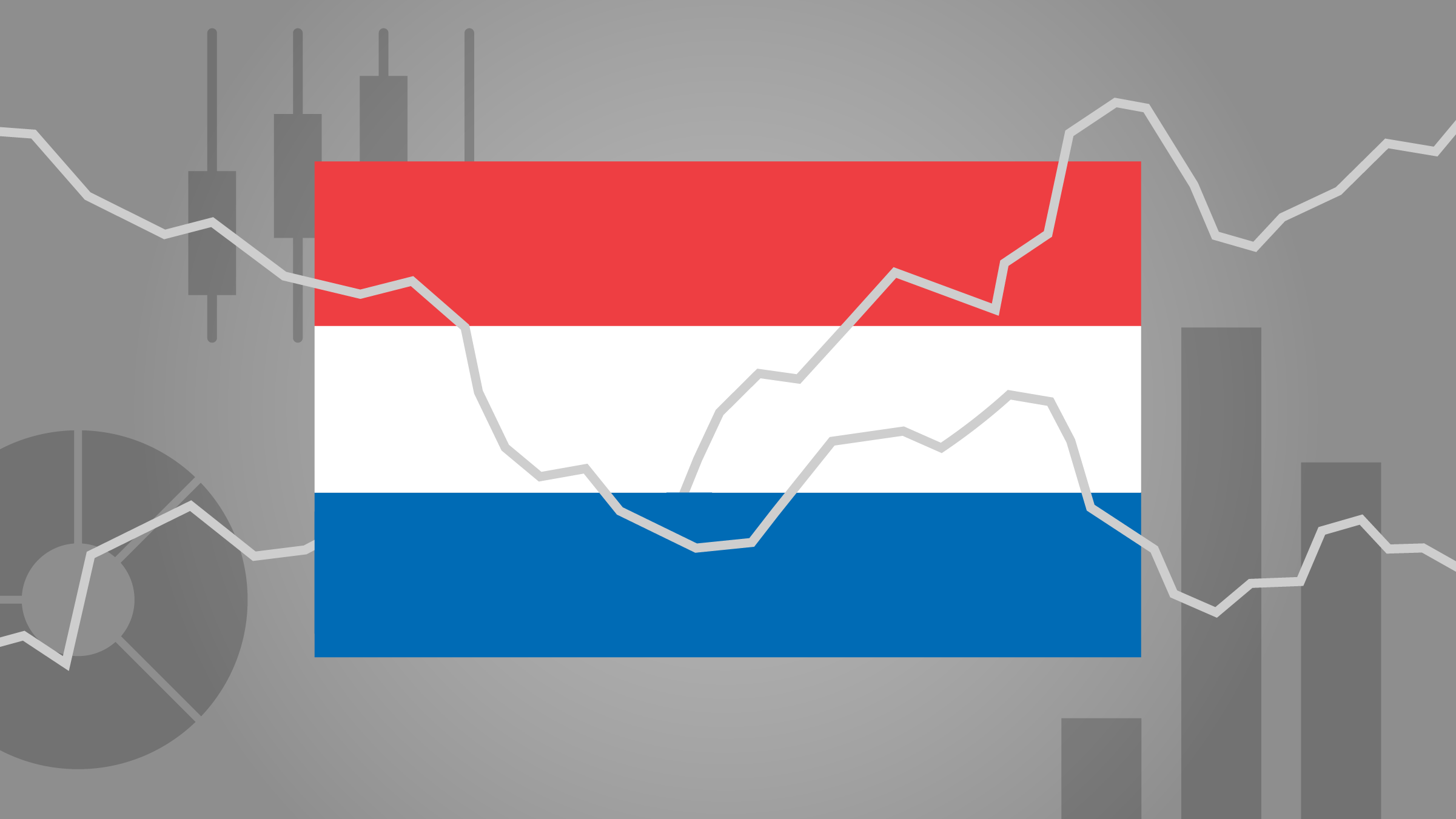Susan Dziubinski: Hi, I'm Susan Dziubinski with Morningstar. One year ago, as the pandemic began to cause serious disruption here in the United States, stocks began an epic, albeit short-lived, slide. Joining me today to talk about some key lessons learned during that period is Christine Benz. Christine is Morningstar's director of personal finance.
Hi, Christine. Thank you for being here.
Christine Benz: Hi, Susan. Great to be here.
Dziubinski: The first quarter of 2020 and the beginning of that second quarter of 2020 was a very unsettling period for investors, for people in general. Stocks were sliding. We were concerned about our health, and we were concerned about the health of the economy. If you had to pick sort of one lesson from that time frame, what would you say it is?
Benz: That panicking is rarely rewarded. We saw during that period that investors who were sellers would have missed out at least on the early days of the recovery. The market recovered very, very swiftly. This is something that we know. We know from lots of other incidents like this, although there wasn't ever one quite like this before, you know that you rarely want to be a panic seller. And think about where 2020 ended up. It's certainly not what I would have guessed if you had asked me in March 2020. We had the S&P 500 gaining 18%; the Bloomberg Barclays Aggregate gained about 8%. So, it was a great year for investors who sat tight. So, I would say the key lesson is that it rarely makes sense to panic in such situations. On the other hand, I would also warn investors that recoveries are usually not that swift. The typical length of a bear market is closer to two years, not just a few months. So, bear that in mind as well. When you think about and brace yourself for future periods like this, know that you don't want to be a seller in these periods, but also know that you may find your patience taxed a little bit longer than was the case during 2020.
Dziubinski: You've talked before that another lesson or a mistake that maybe investors might have made during this period last year was that they were waiting for some signal from the economy to then go back into the market and invest. And that was a mistake, right?
Benz: This is often an issue for investors. They look for the signal. They want to wait until they see a clear green signal that it's OK to get back in there and invest. And think back to early April 2020 when the market did begin to recover, things were still feeling pretty dire. We were all still very worried about the pandemic. We were legitimately thinking about whether it could cause some sort of a depression in the U.S. economy. The vaccine wasn't at all on the horizon at that point, and many very smart people were saying that it could be years before we had a vaccine. If you wait for the all-clear signal to come through, you've oftentimes missed a big part of the recovery. And so, I think the lesson for investors is that they need to understand that the market is often pre-emptive, the market is looking forward beyond current events. And so they want to be careful not to tether how they position their portfolios too closely to whatever is going on in the macroeconomy. The market is usually a couple of steps ahead.
Dziubinski: Even though investors who stayed the course in 2020 were rewarded, as you alluded to, given the rebound in the market, you do also say that one lesson from last year was the value of having some liquid reserves on hand. How so?
Benz: Right. It was very much a scramble for cash, and the key thing that I noticed during that period, Susan, was that investors were throwing almost everything overboard in search of cash that even high-quality bonds went down for a period of time. And prior to that period, I would have said, well, usually in some sort of a market inflection point like that you'd see high-quality bonds perform pretty well. Not during that period. Short-term bonds, even the safer stuff went down, at least for a short period of time. So, if you really needed money for some expense during that period, you would not want to be a seller of anything. You would have that cash locked down. So, cash is cash. And I think investors ought to remember that. Yields, of course, are very low today. So, you don't want to overdo cash. But I do think that it was an illustration during that period that there was no substitute for true cash holdings.
Dziubinski: Well, Christine, thank you so much for your time and for your reflections on the 2020 bear market. We appreciate it.
Benz: Thank you so much, Susan.
Dziubinski: I'm Susan Dziubinski for Morningstar. Thanks for tuning in.





















